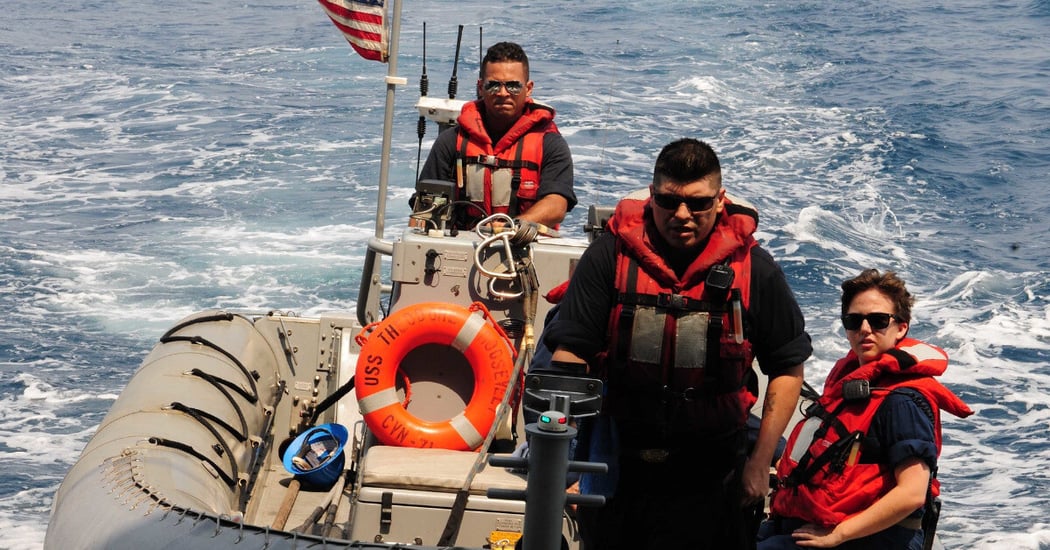
7 Uses of Military Grade Foam You Didn't Know
The battlefield is unpredictable, and military technology is constantly evolving to keep soldiers and equipment safe. But did you know that one of the most essential materials in modern defense is polyurethane foam? From stopping bullets to absorbing shockwaves, this incredible material plays a critical role in military operations. Here are the top seven military applications of polyurethane foam.
1. Body Armor
Throughout history, soldiers have sought better ways to protect themselves in combat. From chainmail to modern-day bulletproof vests, advancements in protective gear have been a constant battle between safety and weight.
Polyurethane foam is lightweight yet impact-resistant, making it an ideal component of modern body armor. When combined with Kevlar or other ballistic materials, PU foam helps absorb and disperse impact energy, increasing protection against bullets and shrapnel without adding excess weight. Military engineers work on fail-safe custom designs to meet specific compliance standards for military-grade protection.

2. Blast Mitigation
Explosions pose a significant risk to military bases, vehicles, and personnel. Polyurethane foam is used to reduce the impact of blasts by acting as a shock-absorbing barrier.
-
Applied to walls, floors, and ceilings, PU foam minimizes structural damage from shockwaves.
-
Used in military vehicles, it helps absorb explosive impact, improving soldier survivability in combat zones.
-
Meets strict military-grade requirements, ensuring military environments are as safe as possible from blasts and concussive forces.

3. Insulation for Harsh Environments
Military operations often take place in extreme climates, from scorching deserts to freezing tundras. Polyurethane foam is an excellent insulator used in:
-
Military barracks and bases – Keeps personnel comfortable in hot and cold conditions.
-
Transport containers – Helps maintain consistent temperatures for medical supplies, electronics, and food rations.
-
Military vehicles & fuel tank protection – Reduces heat loss and protects sensitive equipment from temperature fluctuations.
-
Naval vessels – Used in key military locations for thermal insulation.

4. Sealants for Water & Air Protection
Polyurethane foam acts as a powerful sealant to block water, air, and contaminants from entering critical areas.
-
Used in submarines and naval vessels to seal compartments and prevent leaks.
-
Applied to aircraft and military vehicles to weatherproof sensitive equipment and electronics.
-
Military foam cushions and closed-cell foam materials are designed to retain structural integrity under repeated abuse in the field.

5. Military Floatation Devices & Amphibious Vehicles
Military personnel frequently operate near water bodies, making flotation devices essential for safety. Polyurethane foam provides buoyancy and water resistance in:
-
Life vests and survival gear for Navy and Marine Corps personnel.
-
Hull reinforcement in amphibious vehicles to prevent sinking in combat situations.
-
Military pontoons and floating bridges, ensuring structural stability over water.
-
Ethafoam M-Series products—a specialized military-grade polyethylene foam—offer high performance in floatation, packaging, and protection applications.

6. Soundproofing for Stealth & Protection
Noise control is critical in military operations. Polyurethane foam is widely used for soundproofing to:
-
Reduce engine noise in military aircraft and armored vehicles for better communication.
-
Enhance stealth technology by absorbing sound waves in covert operations.
-
Protect soldiers' hearing by reducing exposure to high-decibel environments.
-
Military-grade closed-cell foam reduces vibrations and sound transfer, making it ideal for aerospace and defense applications.

7. Protective Packaging for Military Equipment
Military operations depend on high-tech, sensitive equipment, from circuit boards to weapon systems. Polyurethane foam provides shock absorption and impact protection in:
-
Custom-molded packaging for delicate electronics, meeting the needs of major prime contractors.
-
Protective shipping containers to prevent damage during transport and deployment.
-
Military-grade foam dunnage—providing fail-safe custom designs for packaging pistols, tools, and precision equipment.
-
Military cases designed to withstand repeated abuse in demanding environments.
-
M-Series polyethylene foam—ideal for wing stiffening, box cushioning, and aerospace applications.

Why Choose Polyurethane Foam for Military Applications?
Polyurethane foam is a highly resilient, cost-effective, and durable material that enhances safety, efficiency, and performance across multiple military applications. It meets blowing agent requirements and specific compliance standards set by military engineers.
Looking for high-quality polyurethane foam in Houston, TX for your military applications? Contact Sterling Manufacturing & Distributing today to learn how we can provide you with the top-grade foam products you need to keep your equipment and personnel safe and secure. Don’t wait – get in touch now!

Leave a Comment
Your email address will not be published.